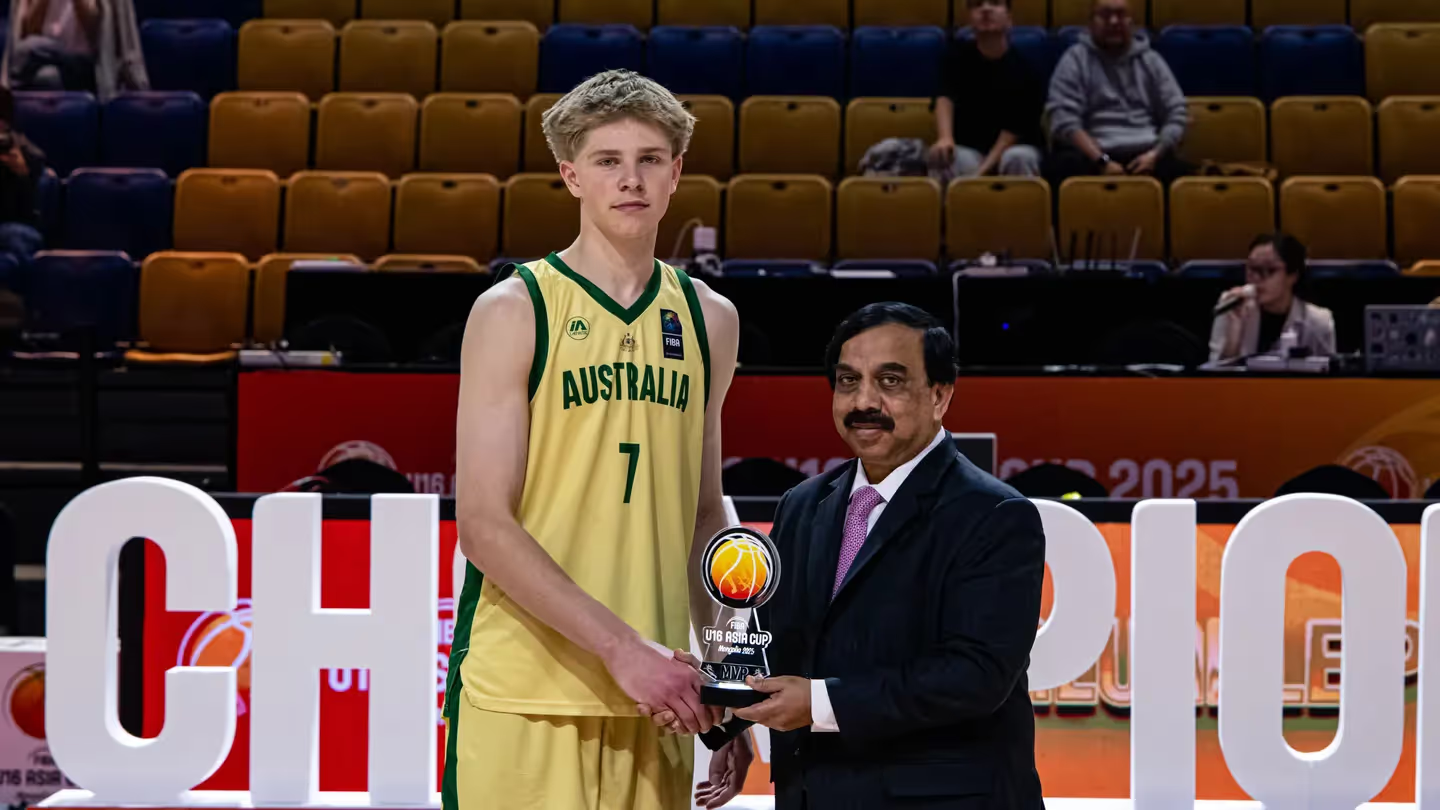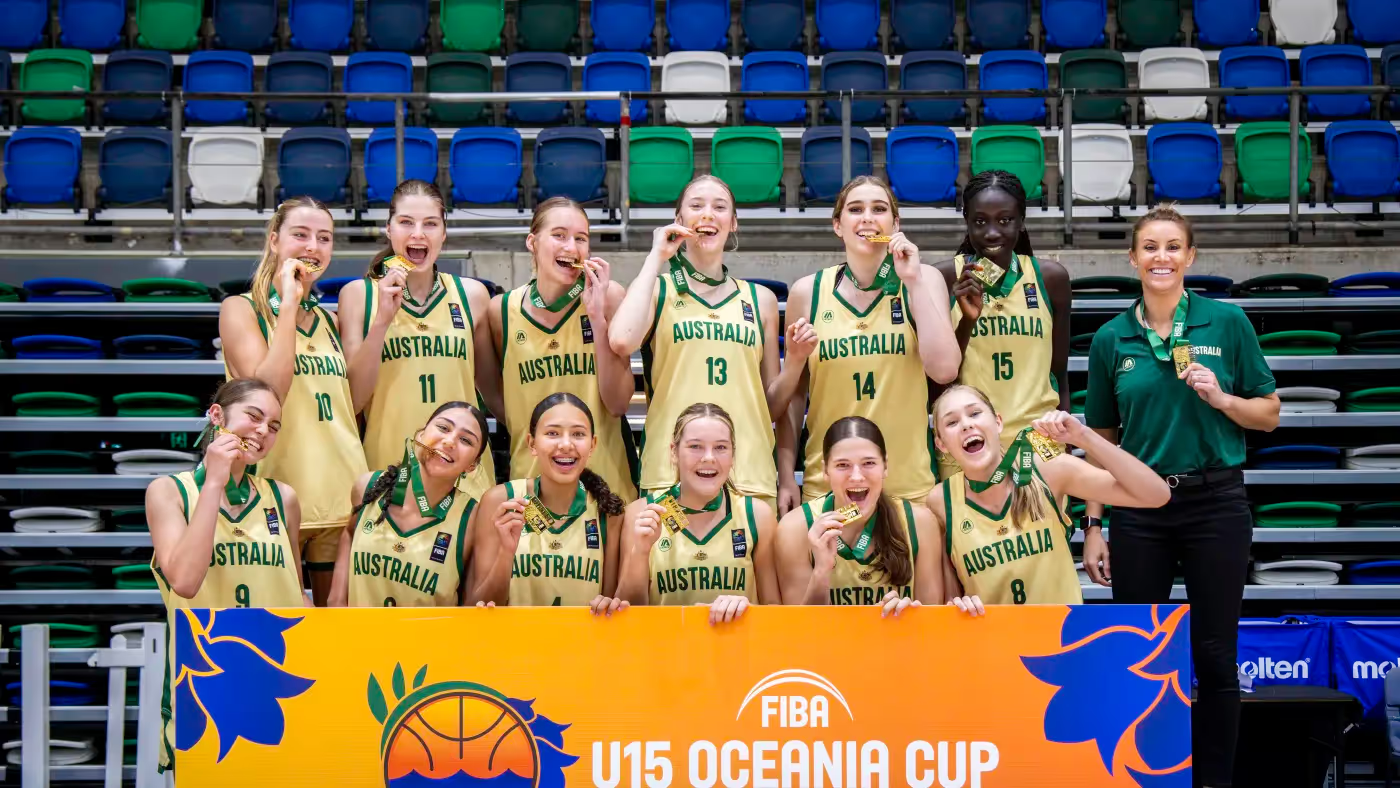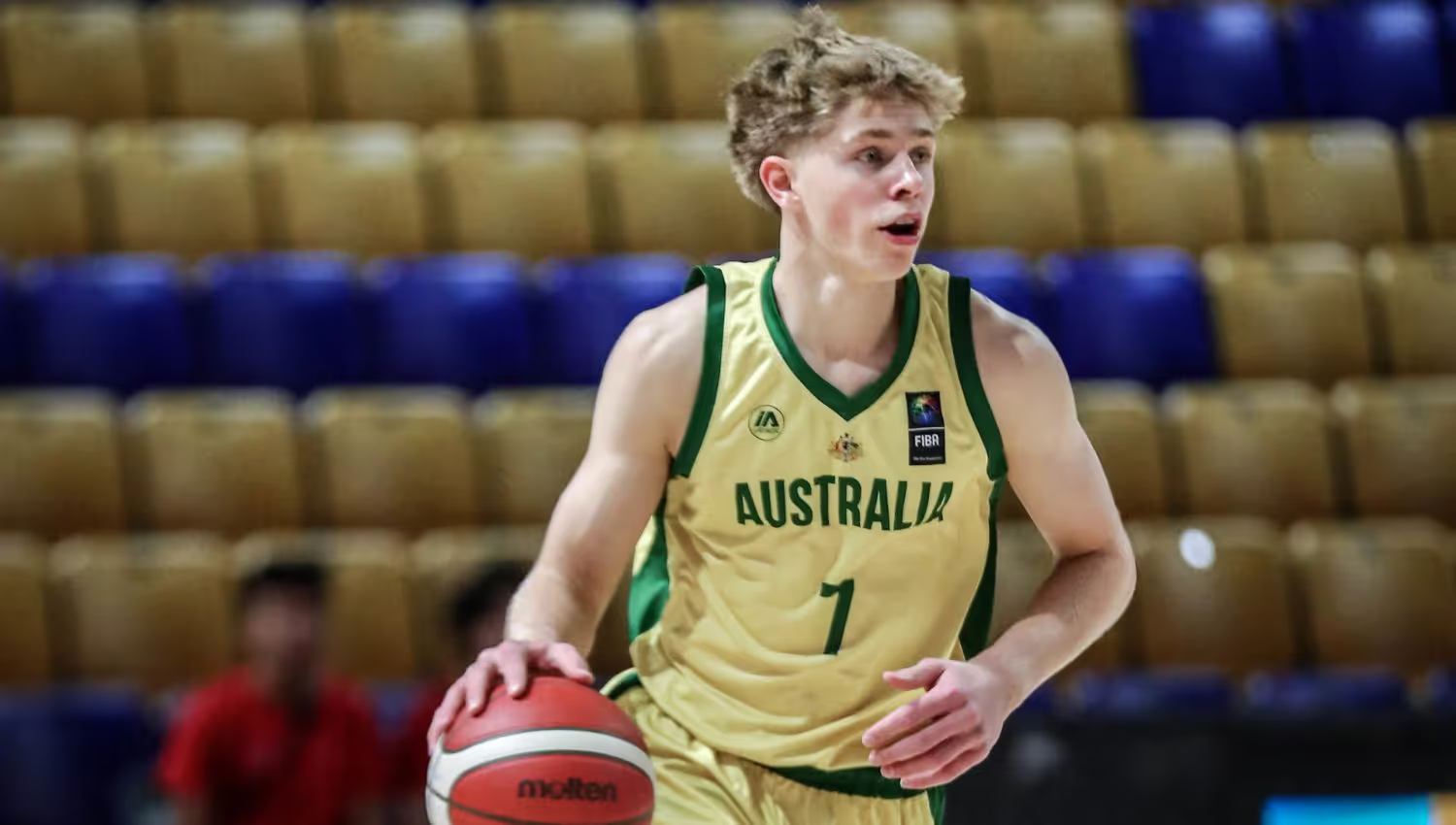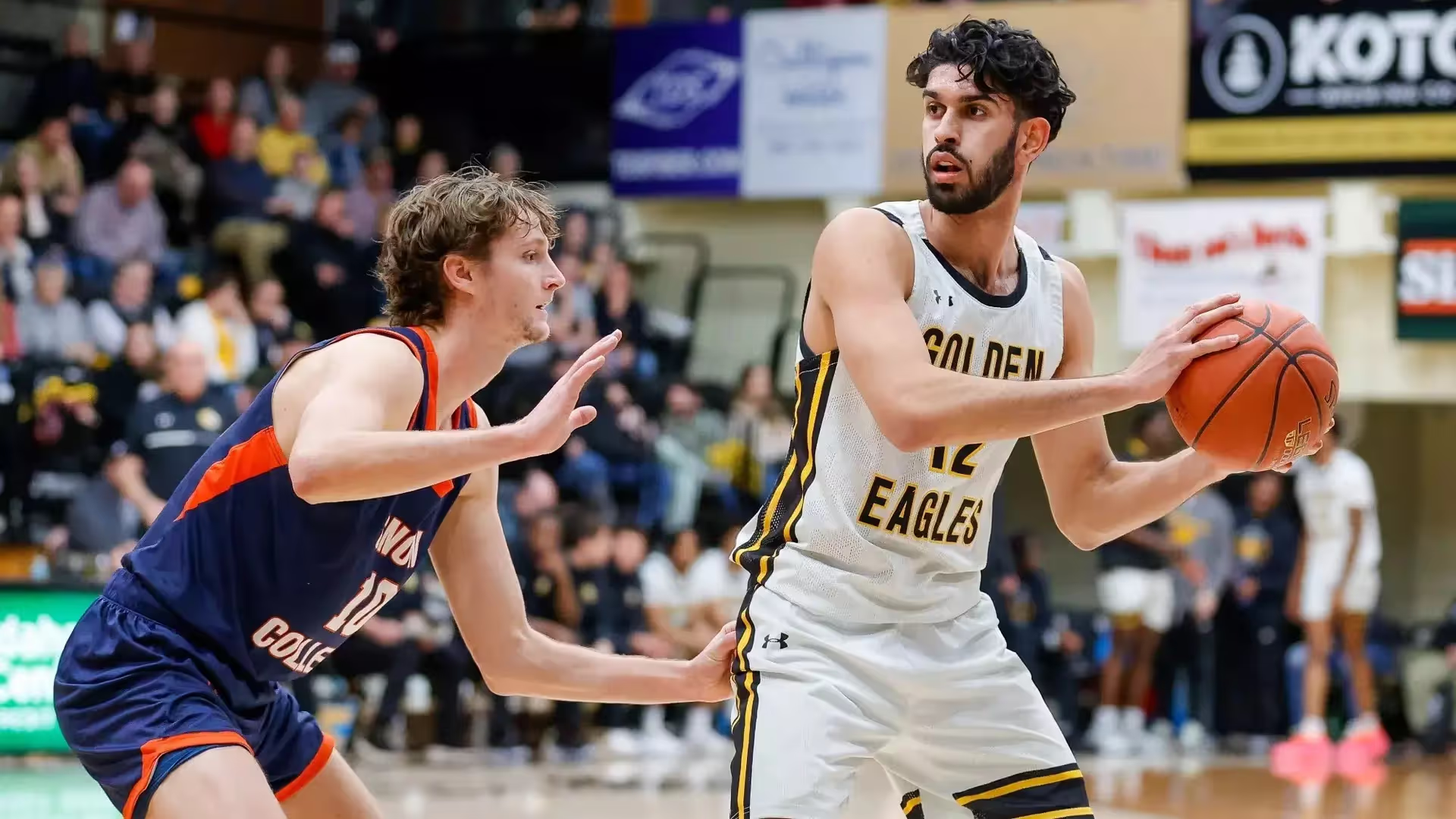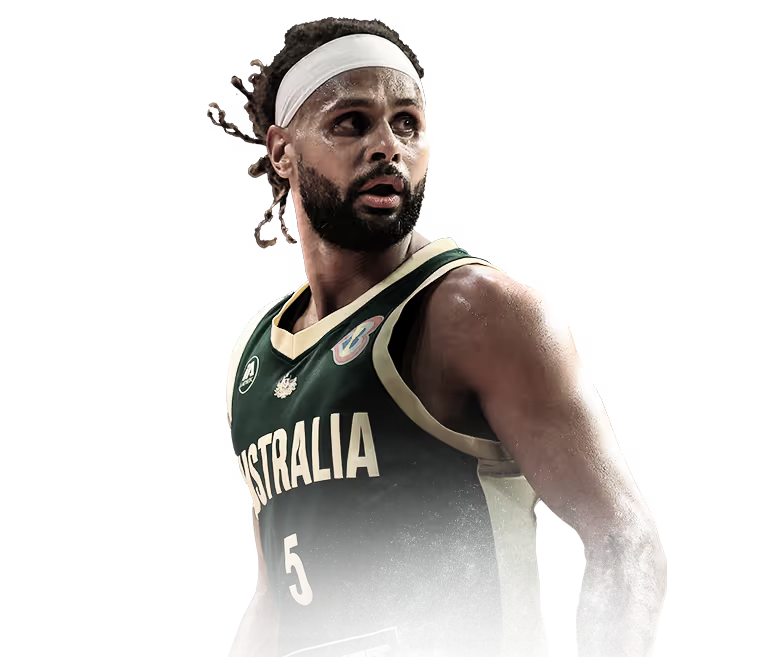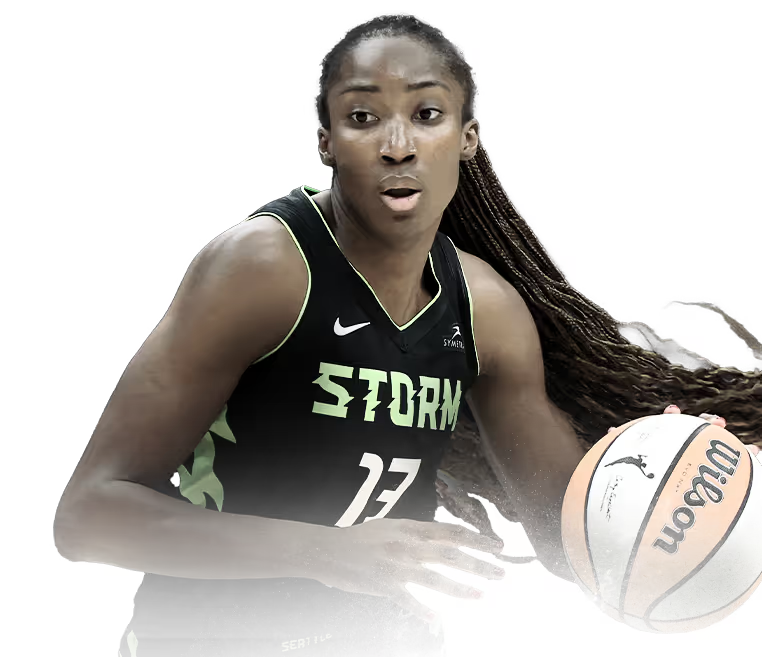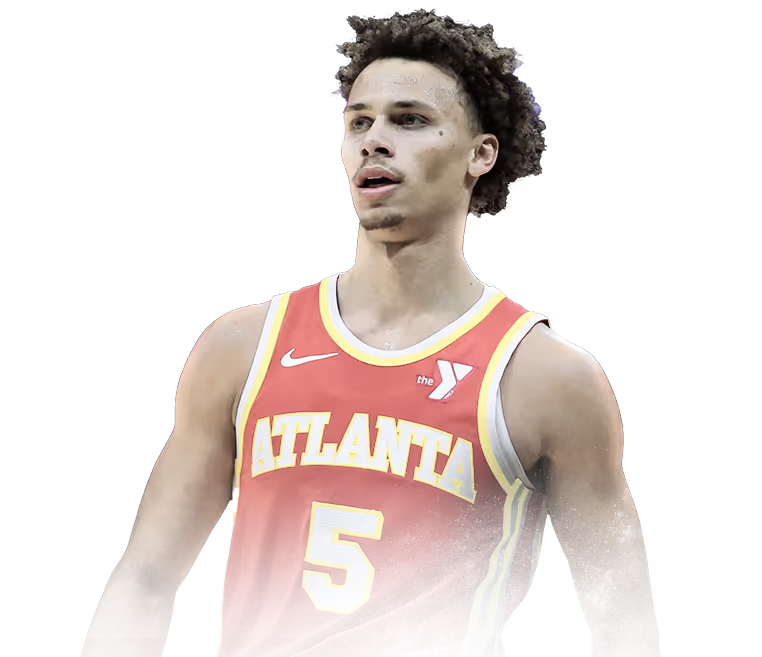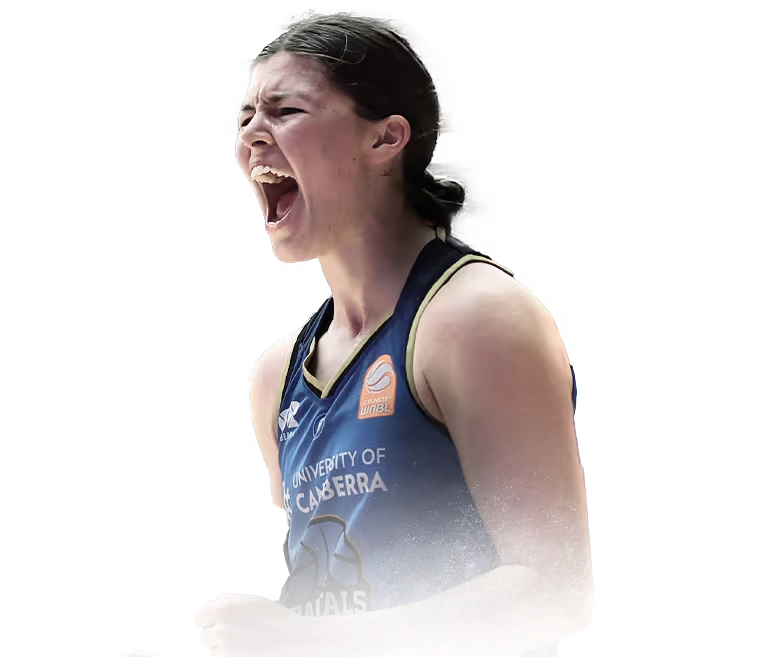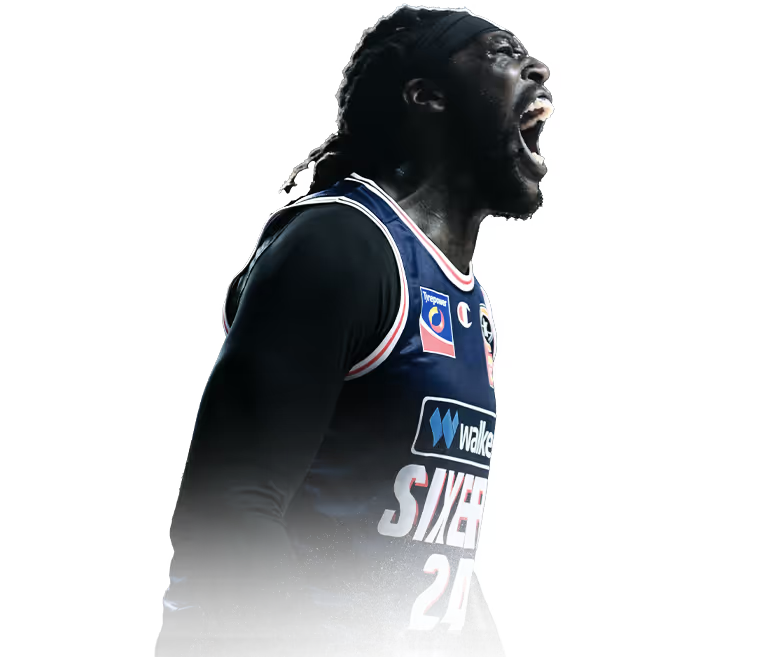

2
Oct
Explainer
Rep basketball trials: what coaches really look for
Rep basketball trials are imminent — here’s what coaches really value beyond scoring points.
- How to be a better ball handler under pressure
- 13 tips on how to be a better defender — ages 16 and above
- No excuse for not being a good free throw shooter
- Rep trials: Keys to standing out at U12–U16
A vast majority of Australian domestic basketball clubs will hold representative or "rep" trials between now and the end of the year.
basketball.com.au is dedicated to the growth of our next generation and we know this process is a cause for anxiety, not just for juniors but seniors as well.
Without doubt, the process is as much subjective as it is selective.
When coaches run trials for representative basketball — whether for Under 12s or NBL1 — they’re looking for more than just who scores the most points.
There are many, many factors that go into the selection process but for most coaches, it's the "coachability" of potential players that is a determining factor.
What stands out depends a little on the age group, but the fundamentals remain consistent:
1. Core Skills
- Ball handling & decision making – How comfortable players are under pressure, whether they can handle traps, and how quickly they make the right read.
- Shooting mechanics & consistency – Coaches look for form, shot selection, and ability to knock down shots in rhythm, not just makes in a trial setting.
- Passing – Accuracy, vision, and willingness to move the ball are key; selfish play is a red flag.
- Defense – Footwork, lateral quickness, help-side awareness, and ability to guard without fouling.
2. Physical Attributes
- Athleticism – Speed, quickness, agility, and ability to change pace. For older groups, verticality and strength start to matter more.
- Endurance & work rate – Players who compete hard every possession and don’t take plays off stand out.
- Rebounding effort – Particularly for younger trials, coaches value effort and willingness to box out even more than height.
3. Basketball IQ
- Understanding of spacing – Knowing when to cut, fill, or clear out.
- Reading defenses – Adjusting decisions based on what the opposition gives them.
- Game awareness – Shot clock, time-and-score, and recognizing mismatches.
4. Intangibles
- Coachability – How well players listen, adapt to feedback, and show they can fit into a system.
- Communication – Talking on defense, encouraging teammates, directing traffic.
- Body language – Positive attitude, resilience after mistakes, showing energy even off the ball.
- Team-first mindset – Passing up a contested shot to create a better one, or celebrating a teammate’s effort play.
5. Age Group Nuances
- Under 12–16s – Emphasis on fundamentals, effort, spacing, and willingness to learn. Coaches want to see potential, not perfection.
- Under 18s & Youth League – More weight on physical attributes, execution, and ability to impact winning possessions.
- NBL1 & senior trials – Performance under pressure, ability to adapt to structured sets, and role acceptance (not everyone will be the leading scorer).
Summary
Coaches aren’t just choosing the most talented players—they’re building a team. They’ll prioritise athletes who combine solid fundamentals, strong work ethic, basketball IQ, and unselfish play. A trial is as much about showing you can fit into a system as it is about showing off your skills.
FAQ for Parents & Players
Q: What should my child focus on before trials?
A: Focus on fundamentals (shooting form, dribbling, defense), conditioning, and attitude. Effort and teamwork often stand out more than points scored.
Q: Does scoring the most points guarantee selection?
A: No. Coaches are selecting teams, not just the best scorers. They value defense, effort, and unselfish play just as highly.
Q: What should players bring on trial day?
A: Proper basketball shoes, reversible singlet (light/dark), water bottle, and a positive attitude. Arrive early and warmed up.
Q: How do coaches balance size vs skill at younger ages?
A: Size helps, but skill, effort, and coachability are often more important. Coaches want long-term potential, not just short-term height advantage.
Q: What if my child has a bad day at trials?
A: Coaches evaluate across drills, scrimmages, and multiple sessions. One mistake or quiet scrimmage won’t ruin chances if the player shows effort and resilience.
Q: How many players get selected?
A: Team sizes vary by age group, usually 10–12 players. Selection also considers team balance (guards, wings, bigs).
Q: How can parents best support?
A: Encourage, not pressure. Reinforce effort and teamwork, not just points. Be respectful of coaches and allow the process to run without sideline interference.
About the Author
Peter Brown is the head coach of the Sydney Comets Women’s Youth League team in the Waratah Basketball League in NSW. He is also the assistant coach for the Comets NBL1 women’s team in the NBL East Conference. Peter is a 30-year journalist, starting as a sports reporter at the NT News in the early 1990s. He played junior basketball for the Northern Territory at national championships from U16 to U20 and for the Territory’s senior men’s team at numerous international tournaments. Peter has been a basketball fan since the early 80s, especially the NBA. Basketball is his passion — and his opinions his own. Email peter.brown@basketball.com.au with feedback. Any email feedback on articles sent to Peter can be published on basketball.com.au for others to read.
Exclusive Newsletter
Aussies in your Inbox: Don't miss a point, assist rebound or steal by Aussies competing overseas. Sign-up now!




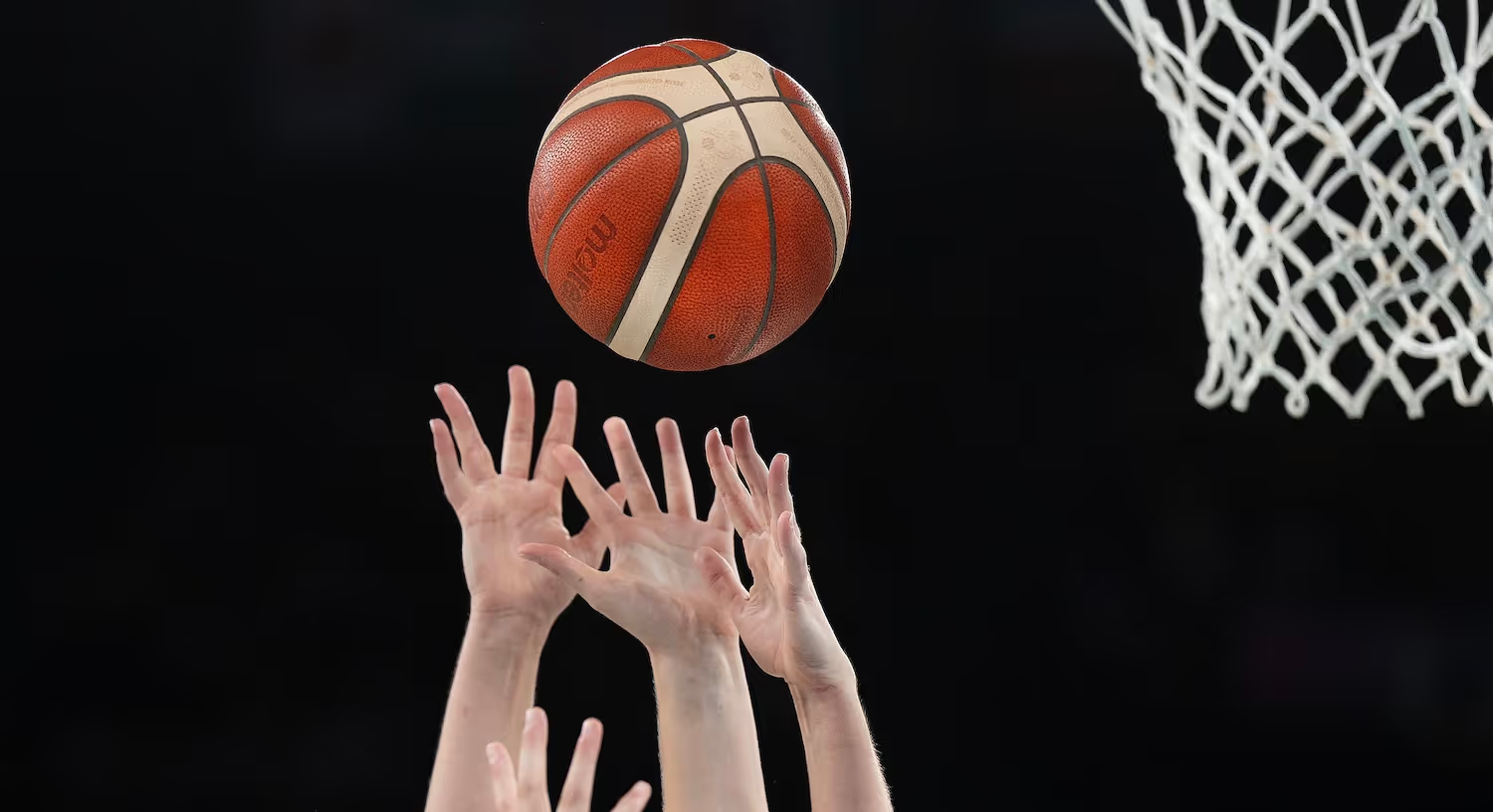

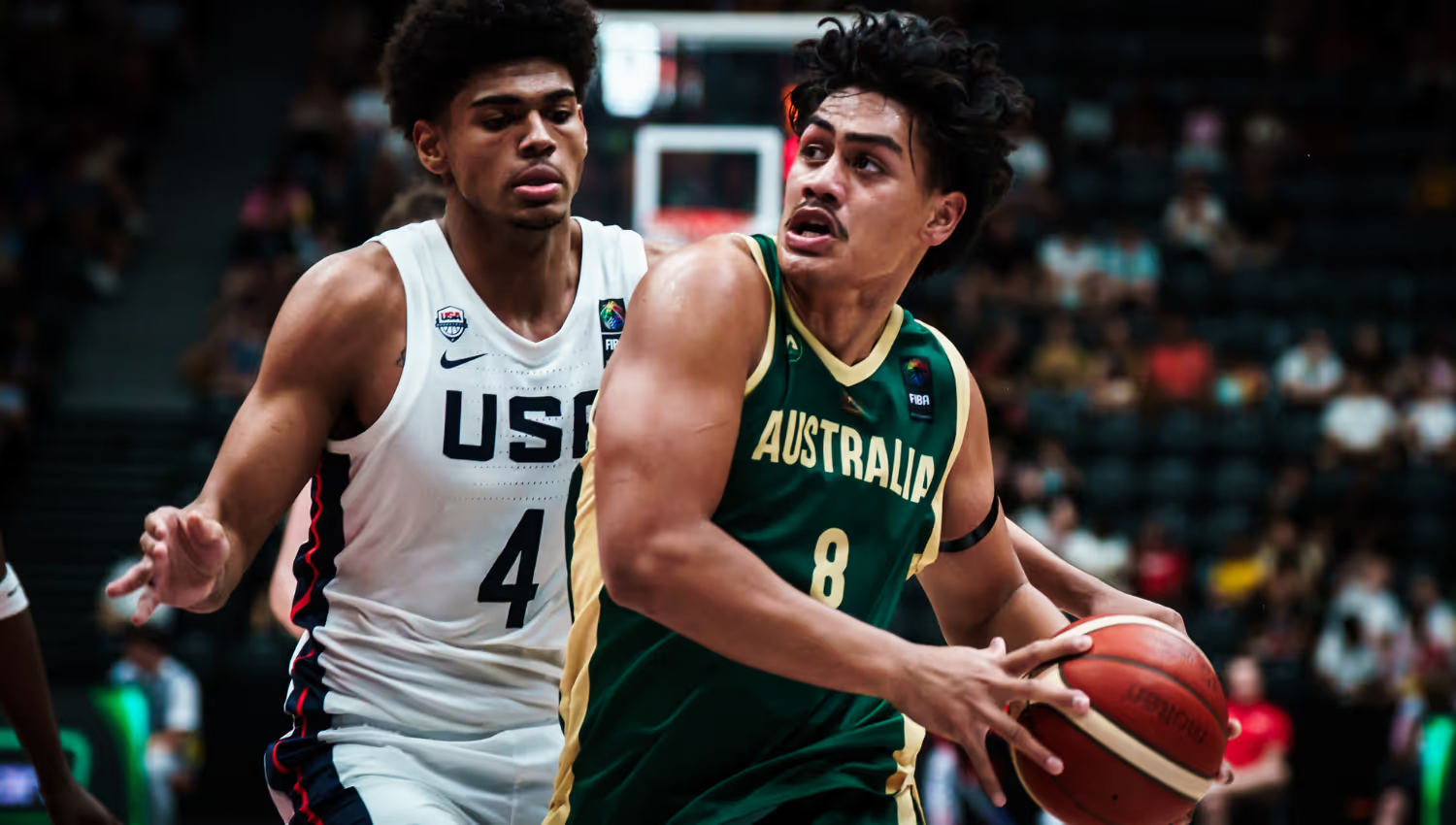

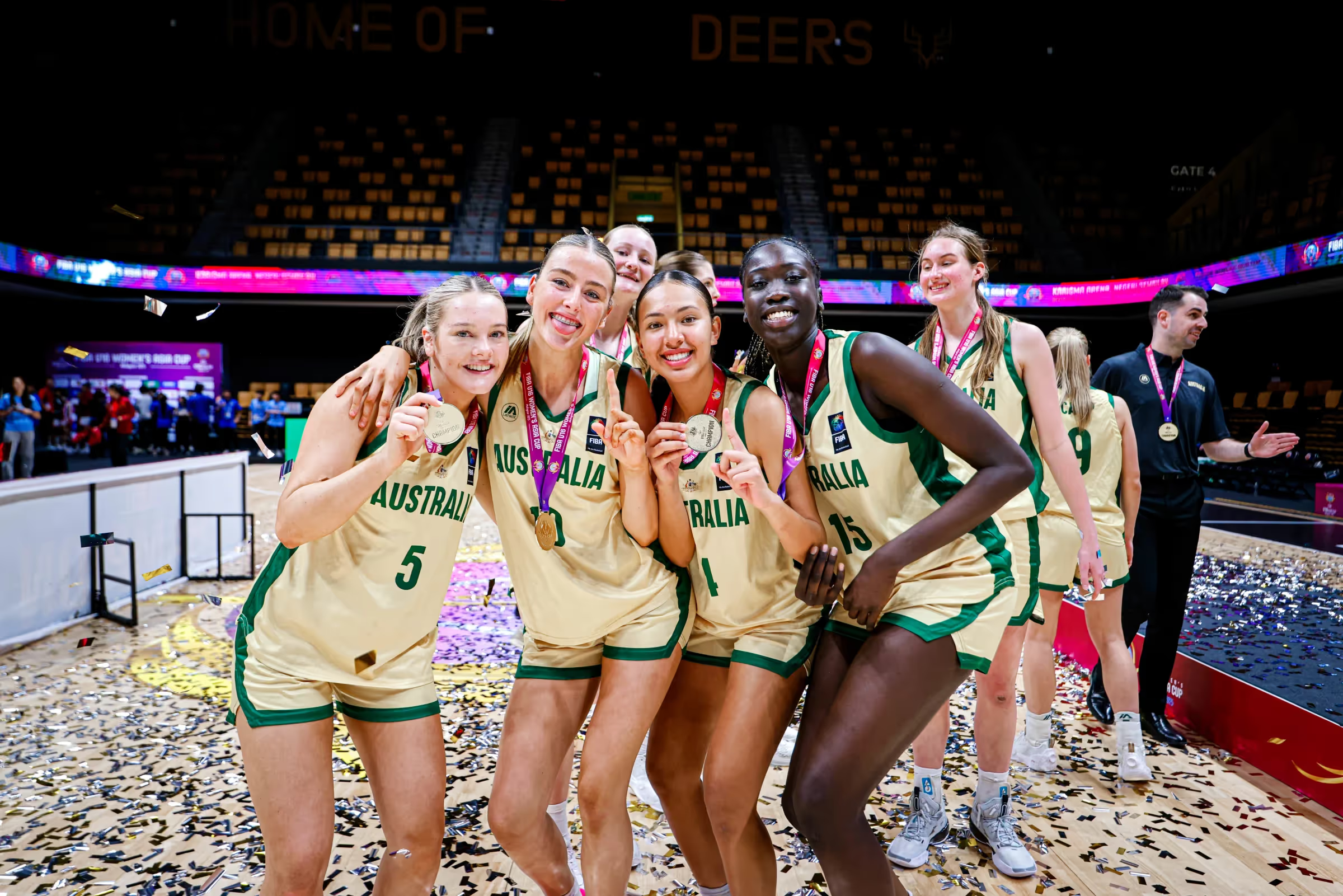
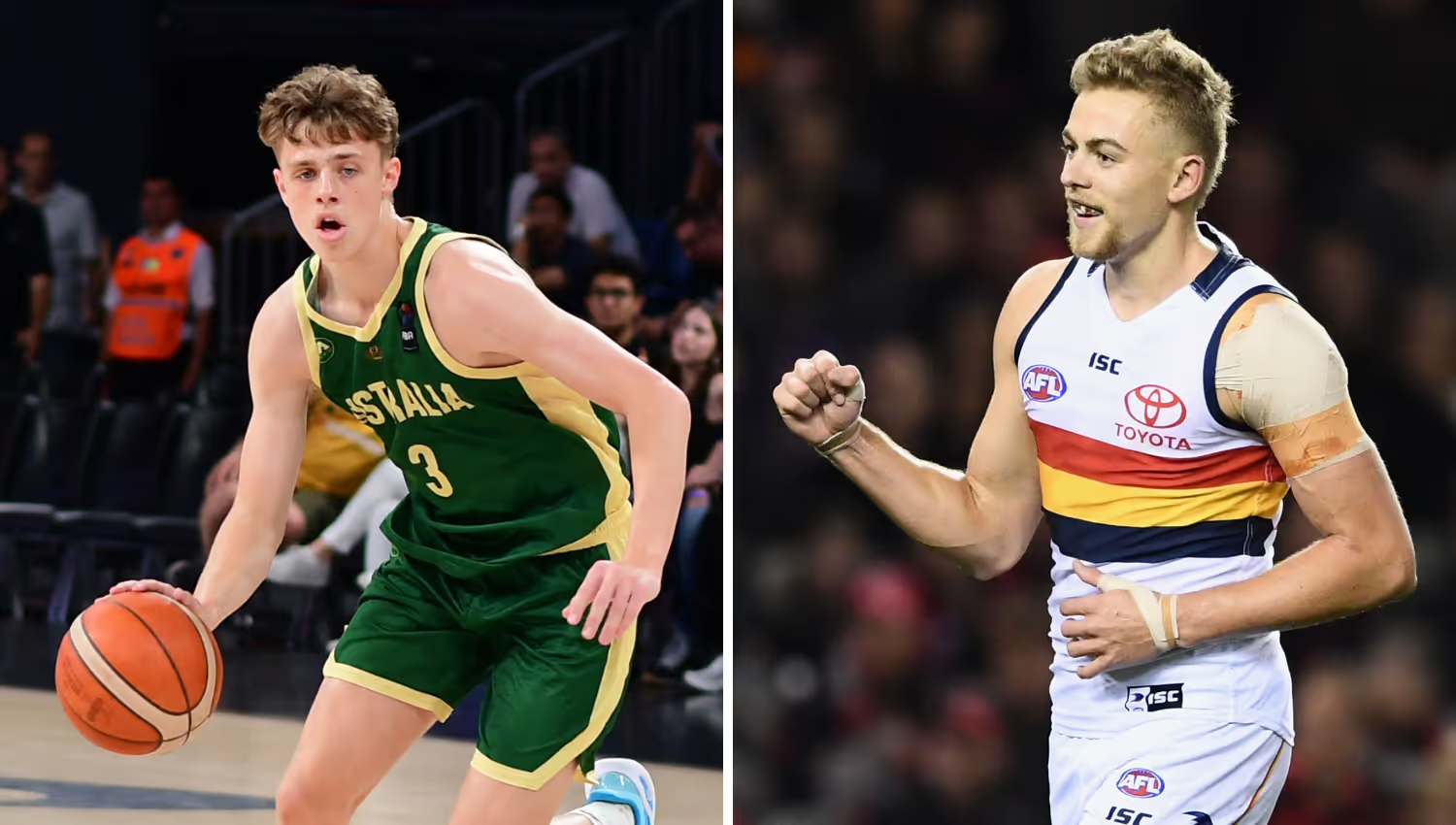


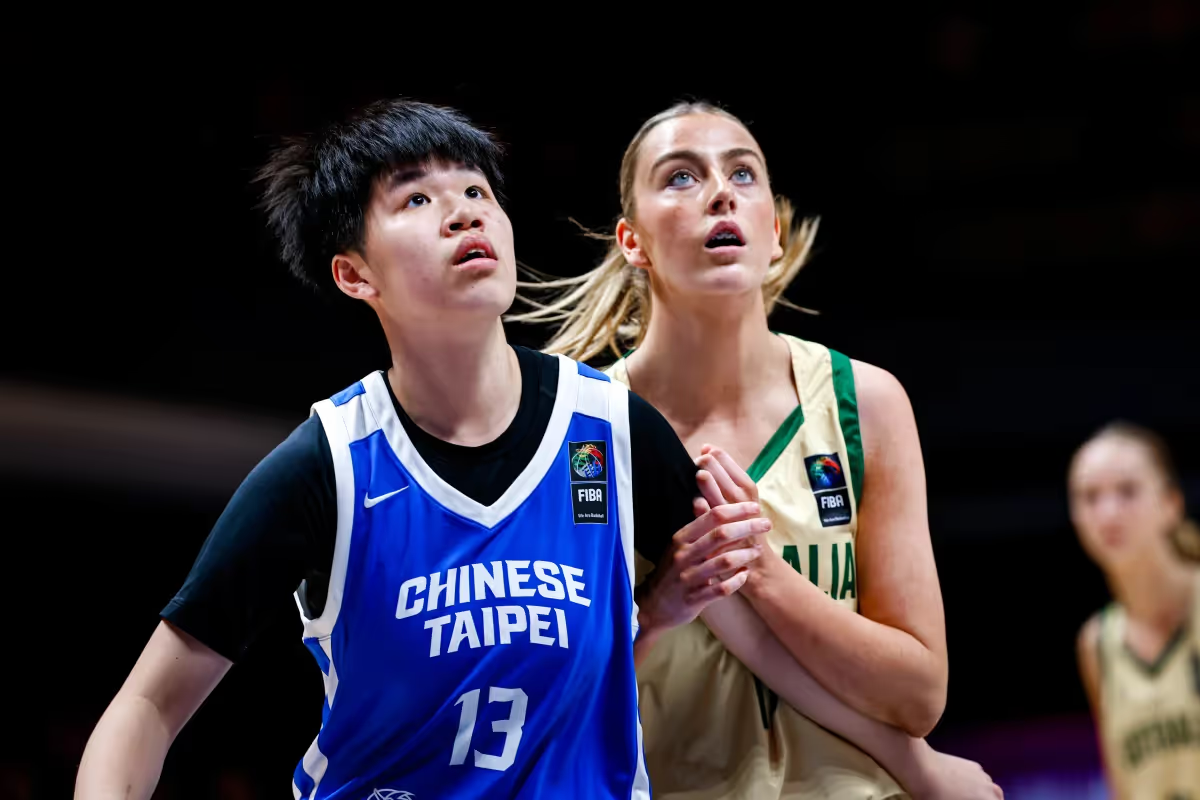
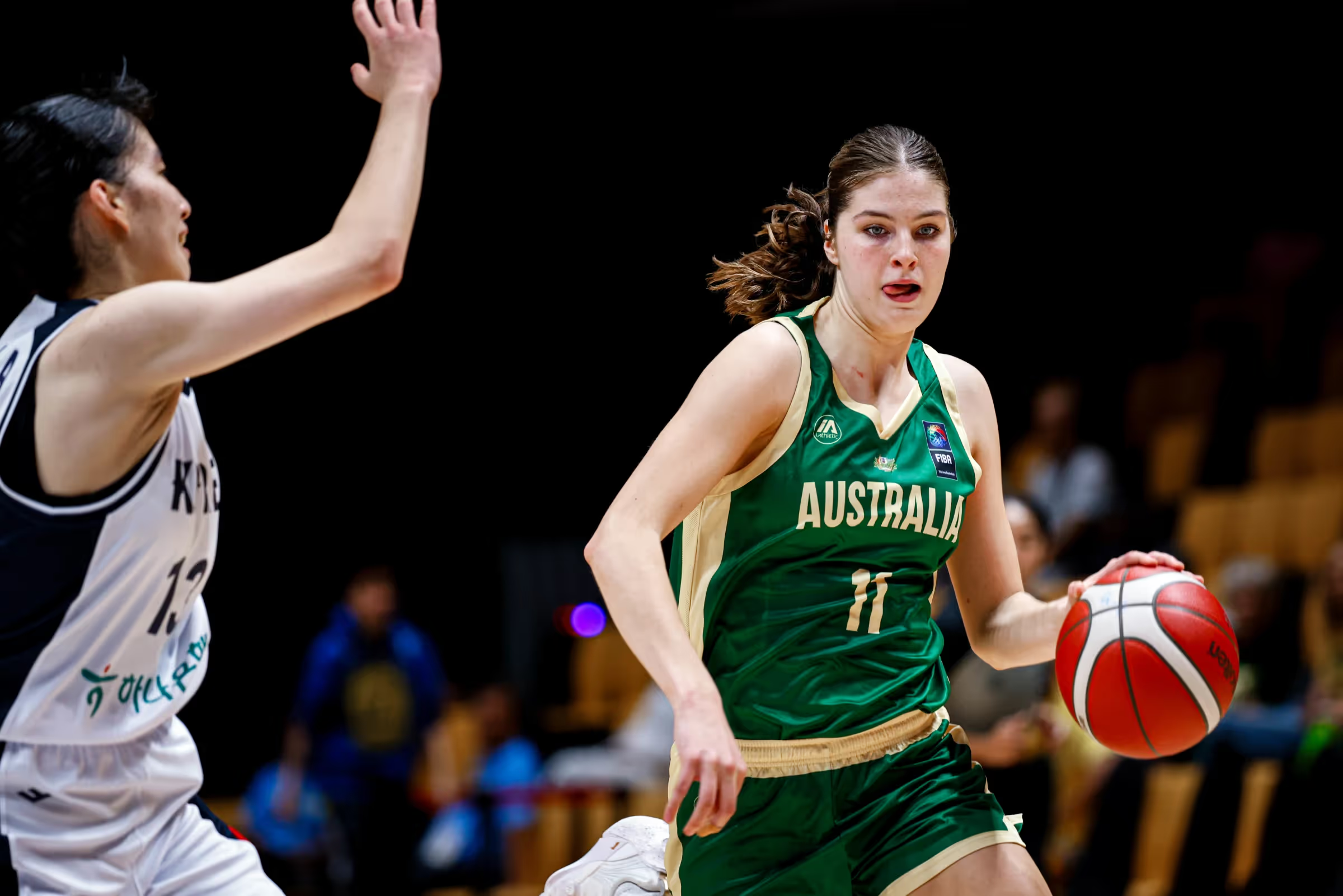


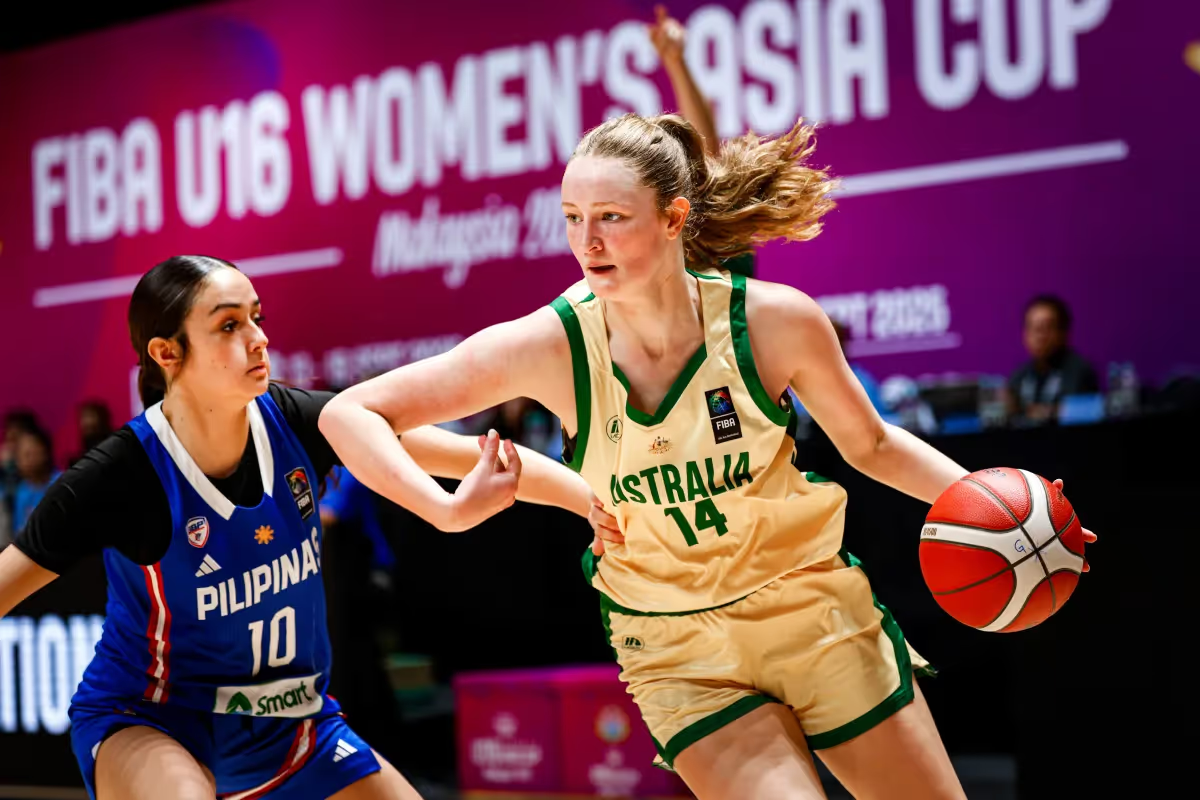
.avif)


